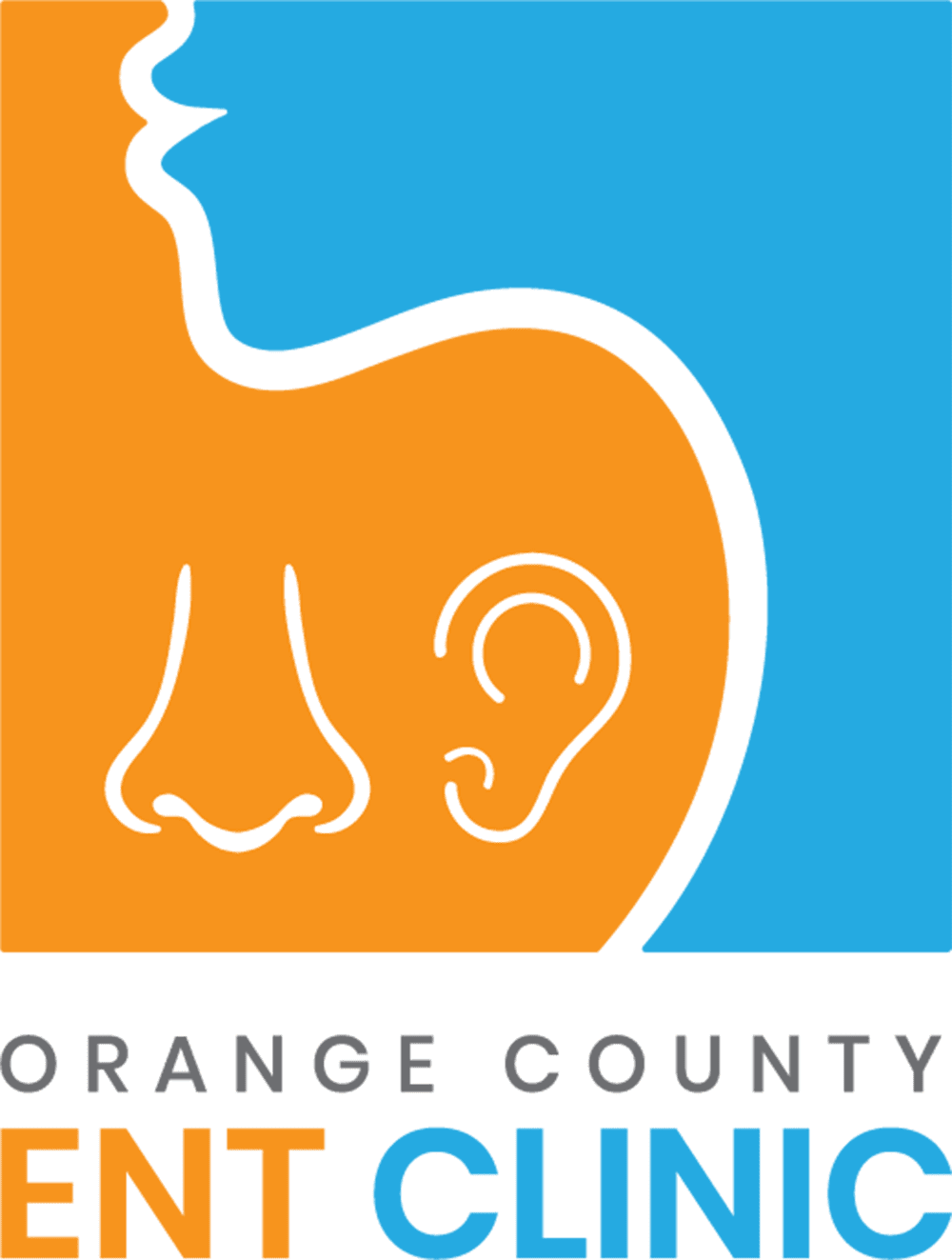
Tonsillitis
Tonsillitis is a condition that occurs when the tonsils are infected, leading to swelling of the tonsils and producing a sore throat. Chronic tonsillitis may require a tonsillectomy. Some common symptoms of tonsillitis include difficulty swallowing, swollen neck glands, and fever. Some patients have a red throat and tonsils that have a yellow or whitish coating. The swelling may resolve itself on its own. Sometimes, a tonsillectomy must be performed by a tonsillectomy surgeon in Mission Viejo.
Children more frequently require tonsillectomies than adults. However, adults of almost any age may have problems with their tonsils and need surgery. A tonsillectomy is not warranted when only one case of tonsillitis has occurred. Surgery is usually advised for those who have strep throat or are frequently ill with tonsillitis. You may want to talk to a tonsillectomy surgeon in Mission Viejo if you have experienced a minimum of seven cases of strep or tonsillitis in the most recent year. A tonsillectomy can also be used to treat other conditions like loud and frequent snoring, bleeding of the tonsils, sleep apnea, breathing difficulties, and swollen tonsils.


Tonsillectomy: Preparations
Two weeks prior to your tonsillectomy, you should refrain from taking anti-inflammatory medicines, including aspirin, naproxen, and ibuprofen. These types of medications can increase the risk of excessive bleeding. You should also inform your doctor about any nutritional or herbal supplements that you are taking. You will need to avoid eating after bedtime before your tonsillectomy.
What To Expect During Your Tonsillectomy
Before your tonsillectomy, you will receive general anesthesia that will keep you asleep during the operation. Your tonsillectomy surgeon in Mission Viejo may use a scalpel to remove your tonsils. Tonsils also be removed using a laser, ultrasound, or cold temperatures. Your surgery should take around half an hour to complete. After your tonsillectomy, you will spend a few hours in a recovery room before you go back home. It is not uncommon to feel slightly sick to your stomach after waking up, due to the lingering effects of anesthesia.
Tonsillectomy Recovery
It is important to drink plenty of fluids following your tonsillectomy operation. Since this can be difficult with a sore throat, you may want to stick to water or frozen pops. When eating, begin with basic foods that are not hard to swallow, like applesauce. Later, you can transition to pudding and ice cream as you begin eating a normal diet.
